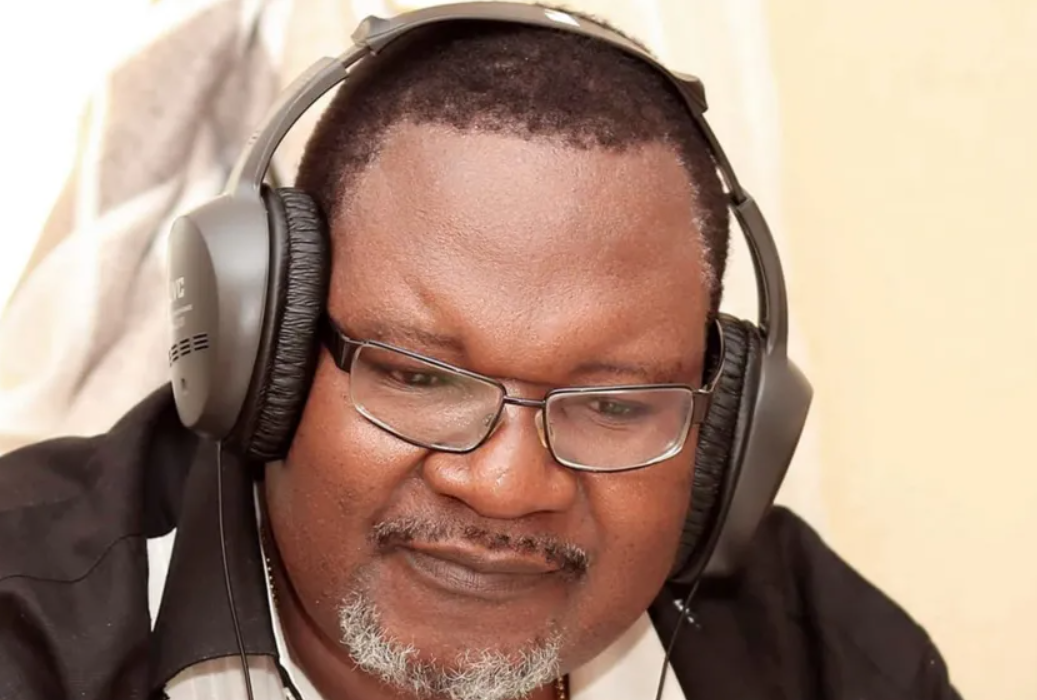Malawian Musician and Advocate for the Underprivileged Lucius Chiccio Banda
The rise of Lucius Chiccio Banda from relative obscurity to national hero was an inspiring tale that changed Malawians’ perception of music and politics forever. One of Malawi’s most significant artists is profiled here, along with his life, work, and enduring influence.
Background and Beginnings in Music
Childhood was a time of poverty and misery for Lucius Banda, who was born in the hamlet of Balaka, about 200 kilometers southeast of Lilongwe. Banda had it tough growing up because his mother had married when she was only fourteen years old. He frequently reminisced about sleeping in a leaking grass-thatched cottage and walking barefoot to school.
Still, Banda’s journey to musical fame started in an unexpected place, despite all the challenges. He was more interested in football than music when he was a kid. However, Paul, Lucius’s older brother and head of the church band Alleluya Band, recognized his potential and pushed him to pursue his musical interests. Banda started his career-defining keyboard lessons when he was just seven years old.
At the age of fifteen, Banda performed at his first wedding, having joined the Alleluya Band when he was thirteen years old. For Banda, what began as a religious program to occupy bored youths quickly became his calling in life.
One Artist’s Ascent to Stardom
Both Banda’s career and Malawi’s history reached a turning point in the early 1990s. As the nation moved away from dictatorship and toward multi-party democracy, Banda felt stifled by Alleluya Band’s emphasis on religion. He went solo because he wanted to use music to talk about bigger political and social issues.
“Son of a Poor Man,” Banda’s debut album, was an immediate smash upon its 1993 release. Provocatively criticizing the human rights record of then-President Hastings Banda, the CD includes the track “Mabala” (meaning “wounds” in Chichewa). Taking such a risk demonstrated Lucius Banda’s resolve to use his celebrity to advocate for positive social change.
The Influence of Music on Politics
Many of Banda’s albums touched the hearts of Malawians during his career. His songs frequently touched on political topics, poverty, and social injustice, leading many to call him “soldier for the poor.” This title embodied his commitment to amplifying the voices of underrepresented communities and questioning the current norm.
Beyond the sphere of music, Banda’s impact reached into politics. He was a member of parliament for the UDF party for two terms, from 2004 to 2006 and again from 2014 to 2019. Not everything in his political career was roses and rainbows. In 2006, he lost his parliamentary seat and spent a short time behind bars after being convicted of forging academic credentials.
The extent to which these obstacles diminished Banda’s popularity as a performer was minimal at best. He became one of Malawi’s most famous musicians as he became adept at drawing enormous audiences to his shows.
Acknowledgment and Future Jobs
Banda was honored with a Lifetime Achievement award in 2018 by the local music charity, the Urban Music People (UMP). He was greatly appreciated for his significant impact on Malawian music and culture.
Banda spent his last years navigating the space where music and politics met. Having lost his place in parliament in 2019, he became a member of the opposition UTM Party. Despite his failed attempt to reclaim his parliamentary seat, Banda’s political savvy was recognized when he was nominated to the role of Presidential Advisor on Youth and Arts, which he retained until his death.
Importance and Legacy
Chiccio Lucius The news of Banda’s passing on July 2, 2024, at the age of 53, caused Malawian society as a whole to pay their respects. In a eulogy for Banda, President Lazarus Chakwera said that the artist’s music had “profoundly shaped our nation, giving voice to the voiceless and challenging injustices.”
An iconic figure in his country, Banda rose from humble beginnings as a barefoot youngster in Balaka to become a symbol of hope and inspiration for everybody. Beyond just being a kind of pleasure, his music was a vehicle for political activism and societal critique. Banda went from being a musician to a champion for the downtrodden and an agent of change in Malawi as he courageously took on issues of corruption, poverty, and human rights.
Lucius Chiccio Banda is remembered for more than just his music. As a legacy, he lays forth a plan for creatives to use their influence for good. Anyone hoping to make an influence in the world, whether as a musician or an activist, can find motivation in his life narrative.
Malawi is mourning the death of a musical icon, but his songs—messages of perseverance, hope, and the fight for justice—resonate even now. The loss of this great leader signifies the close of an era, but his beliefs and the impact of his voice will continue to shape Malawian politics and culture for years to come.



















